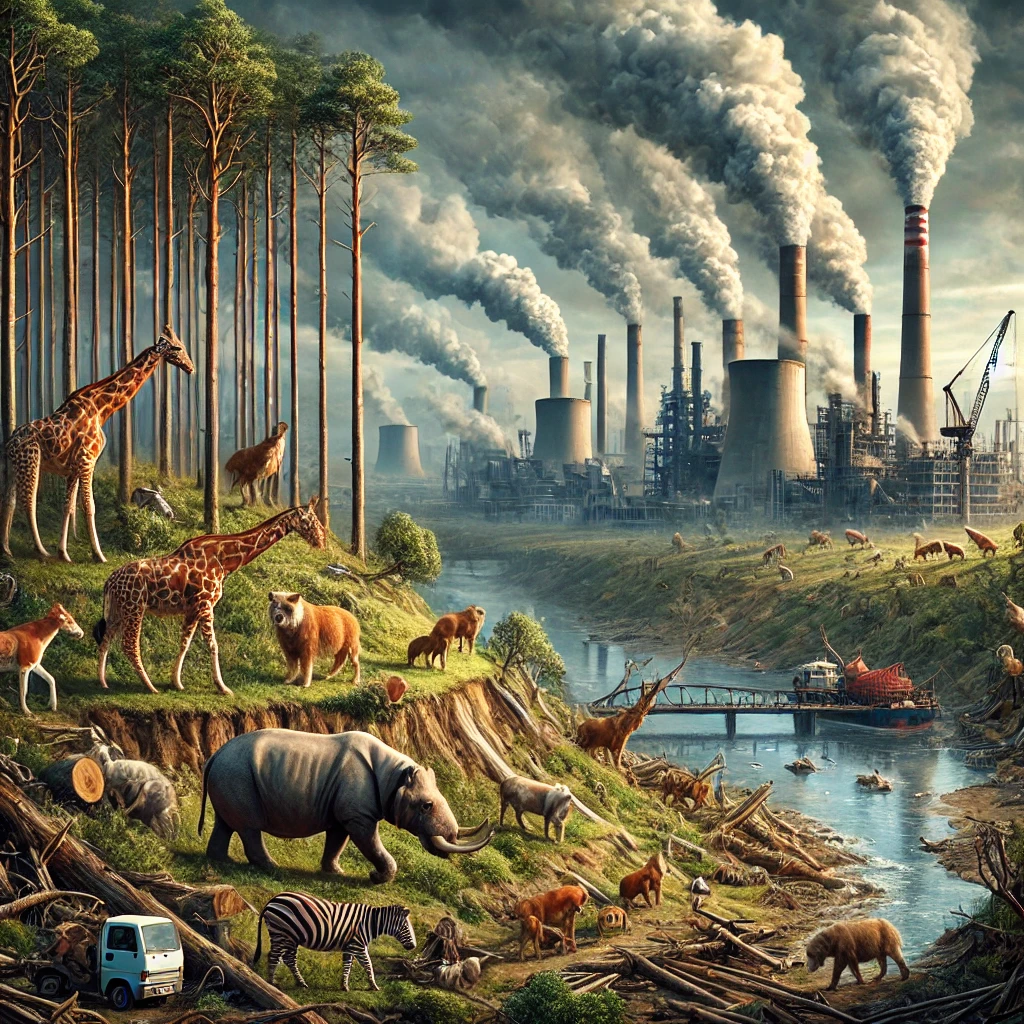The election of Donald Trump as the 45th President of the United States marked a shift in U.S. environmental policy, which impacted global ecology in significant ways. The impact of Donald Trump’s presidency on ecology was seen as his administration rolled back numerous environmental protections, prioritizing economic growth over environmental sustainability. Below are some of the notable ecological impacts from his term:
- Increased Carbon Emissions: Trump’s administration withdrew the U.S. from the Paris Agreement, slowing efforts to reduce carbon emissions globally. This decision increased reliance on fossil fuels domestically and encouraged a resurgence in coal and oil industries. This shift had a profound impact on ecology.
- Weakened Environmental Regulations: Many Obama-era policies aimed at reducing pollution and preserving natural resources were rolled back. This included loosening restrictions on emissions from power plants, deregulating methane release from the oil and gas industry, and reducing protections for endangered species. All of these actions contributed to negative ecological impacts during Trump’s presidency.
- Public Lands and Deforestation: Trump’s policies allowed for increased logging and drilling on public lands, leading to deforestation, habitat destruction, and further endangerment of wildlife species. His administration reduced the size of national monuments, opening up millions of acres to mining and other extractive industries. The presidency had a tangible impact on these ecological areas.
- Water and Air Quality Concerns: The relaxation of water and air quality standards allowed for increased pollution, particularly affecting communities near industrial areas. These deregulations put stress on waterways, decreased air quality, and impacted the health of ecosystems dependent on clean water sources. This underscores the broad impact of Donald Trump’s term on ecology and public health.
- Impact on Wildlife Conservation: The weakening of the Endangered Species Act and reduced enforcement on illegal poaching created challenges for wildlife conservation efforts. The lack of support for habitat preservation has left many vulnerable species at higher risk of extinction. This has had a direct impact on the conservation of wildlife during Trump’s presidency.
Conclusion
The environmental policies under the Trump administration have left lasting impacts on the ecosystem. While efforts to reverse these changes have begun, the effects of deregulation and weakened protections may persist for years, influencing not only American lands but also contributing to global environmental challenges. The impact of Donald Trump’s presidency on ecology will be studied for years to understand the full extent of its effects.

